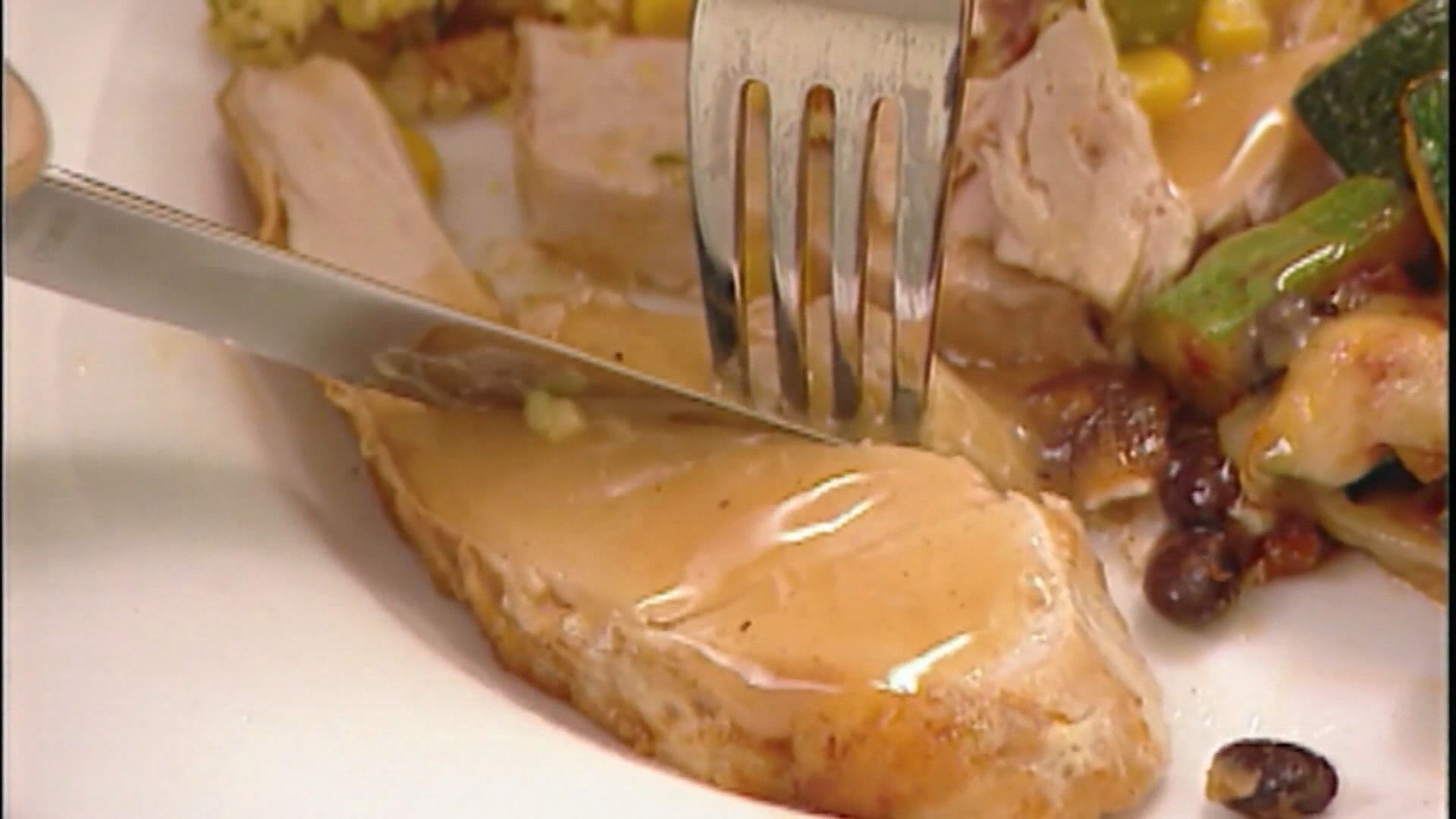GREENSBORO, N.C. — As we near Thanksgiving, we're all thinking about gathering with our families. How often do you think about your family's health history?
It's a really important topic that your primary care doctor wants to know, so they can make sure you're getting the routine preventative care and screenings you need.
Cone Health Quick Links:
Dr. Kimberly Newton with Cone Health Center for Women's Healthcare joined this segment of 2 Your Well-Being to talk about family health history and how you can start the conversation with your doctor.
What do providers do with information about your family health history?
"One of the most important things we do with that is we review that in relationship with your own individual health," said Newton. "It also helps us know if you need any additional screenings, maybe earlier than the general population. It helps us give you individualized care, in the best way possible."
Could someone start screenings earlier because of their family's health history?
"[A good] example of this is colon cancer screenings. So, for the longest time colon cancer screenings would start at age 50. But now, the recommendation has changed starting at age 45," said Newton. "But, if you have a family history of colon cancer in a primary relative, meaning a mother, a father, a sibling, we do recommend screening 10 years before their diagnosis."
"All of these things help us know when, based on the guidelines, it's recommended for you as an individual to have a screening."
Some people think if something runs in their family, it's only a matter of time before they get it too. What would you tell them?
"One of the things, through good relationship with your primary care doctor, is try to affect that outcome," said Newton.
Newton explained how proper prevention with your doctor could develop a hereditary condition later in life or not at all.
"That's what we want to do as your doctor team is partner with you to the betterment of your health," said Newton. "These things are not inevitable. A lot of times, the choices we make day-to-day do affect that."
How far back in our family trees do you need to look, and who is included?
"The most important people to know the family history of is your siblings, your mother and your father," Newton said. "That being said, there are some family conditions that tend to run in families. So knowing one or more generations back is actually helpful as well. But if nothing else, knowing your sibling's health history and your parent's health history is really important for you as you plan and also for your doctor."
Talking with family members about health history isn't always easy. How do you start the conversation?
"So the biggest thing that I think is starting with openness about your own health history. If you've been diagnosed with anything, share that with your children, share that with your family members," Newton said. "And then having open and honest curiosity and just saying 'Hey, I'm really trying to plan for a better health journey for myself, and I really would like to know about grandma, or grandpa, or mom or dad,'"
"Not everyone's going to be open to talking about it. But I think if you approach it with openness about yourself and then you approach it with honest curiosity, that often will open doors," Newton said.
"Thanksgiving is National Family Health Day, it's an opening for us to say our families are so important to us that's why we're getting together today. And I wanna make sure I know about the health conditions you have," Newton said. "Probably not when dinner's on the table, but when we're sitting around talking with family having those open, honest and curious discussions, will really be for the better for all of our lives."
After you have the information, what should you do with it?
"What I usually recommend is making sure you bring that information back to your primary care doctor or if you don't have one, seeking one out," said Newton.
If you're interested in seeking a provider through Cone Health, click here to learn more. You can sign up for a visit online to talk about your family history.
"We can review it and say 'Actually, this does change what we need to do about your health or your children's health or for your partner's health'. There are so many things that those fruitful discussions can really help a person make better decisions," said Newton.
In regards to discussing pregnancy and having children, asking your family members if there have been babies in the family that had trouble after birth or died young. Knowing these things can help patients and providers make good decisions and take care of the pregnancy better. Having that information from the father is equally important, as there are conditions that may run on the paternal side that don't run on the maternal side.


